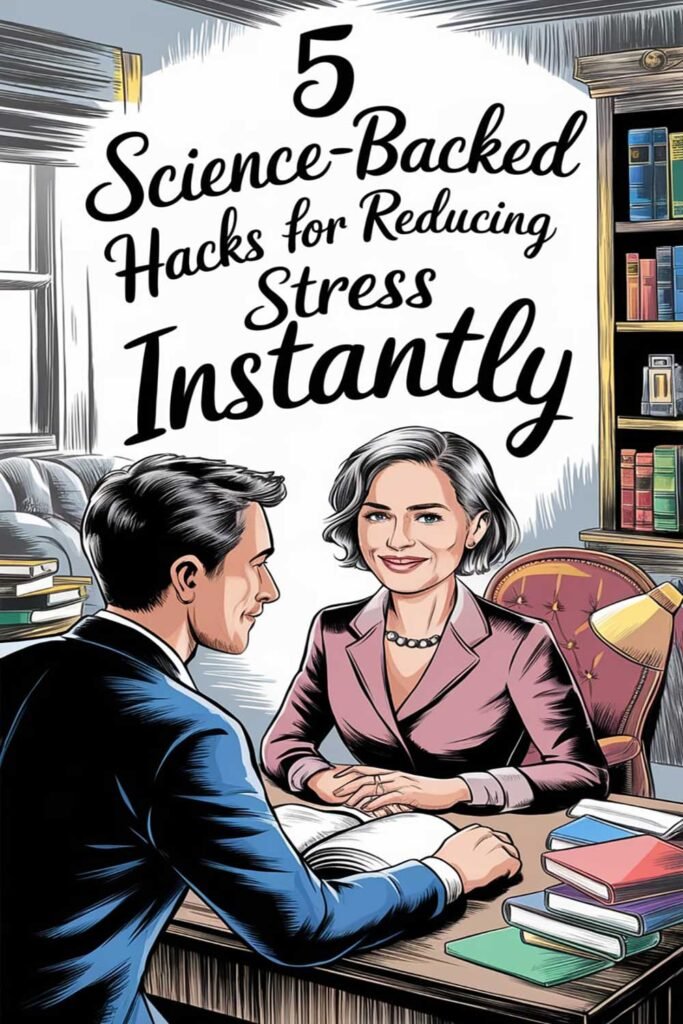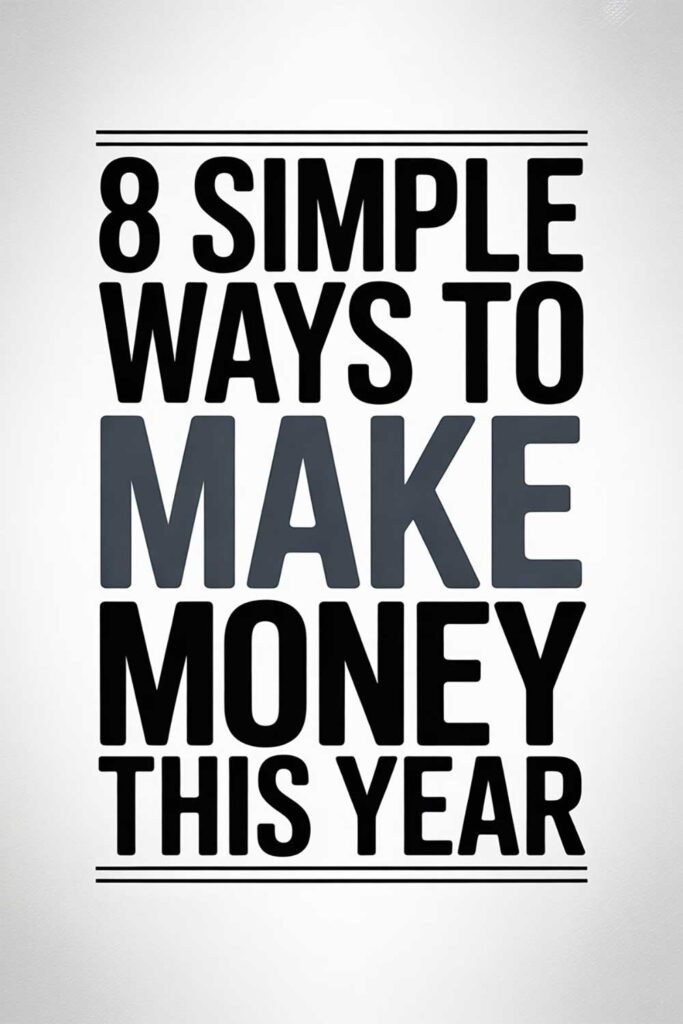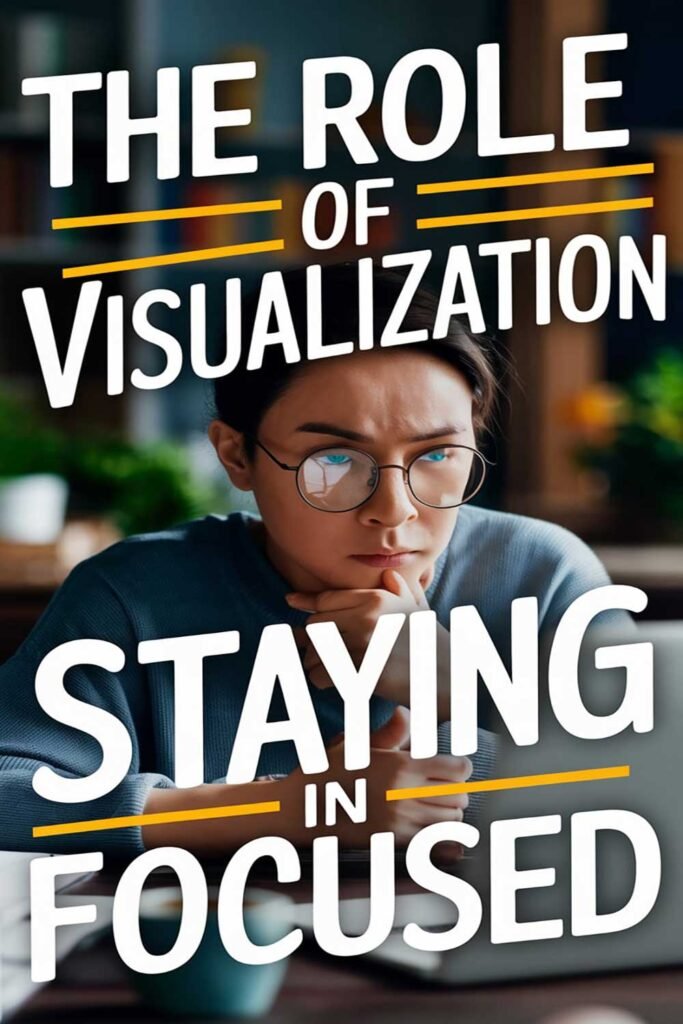
Reclaim Your Focus: How to Eliminate Digital Distractions and Skyrocket Your Productivity
Do you ever sit down to work, full of good intentions, only to find yourself inexplicably drawn to your phone within minutes? One quick glance at a notification turns into a 20-minute scroll. An urgent email reply leads to getting lost in a labyrinth of irrelevant links. Before you know it, an hour has evaporated, your task remains untouched, and you’re left with a sinking feeling of frustration and wasted time.

In our hyper-connected world, digital distractions aren’t just minor annoyances; they’re insidious thieves of our time, energy, and mental peace. Our smartphones, social media feeds, constant email pings, and endless tabs are designed to capture and hold our attention, often at the expense of our most important work, meaningful connections, and even our mental well-being. The pervasive feeling of being “always on” can lead to the impact of digital overload on mental health, making it harder to concentrate and truly thrive.
For years, I was a prime offender. My phone was practically an extension of my hand, and my laptop screen was a mosaic of open tabs. I’d bounce between tasks, constantly interrupting myself with notifications, convinced I was “multitasking” when in reality, I was just doing a lot of things poorly. My productivity suffered, my stress levels soared, and genuine deep work felt like an impossible dream. I yearned for sustained focus, for the satisfying feeling of completing tasks efficiently, but the digital siren call was almost irresistible.
The good news? You don’t have to surrender to the digital chaos. Eliminating digital distractions isn’t about becoming a luddite or completely disconnecting (unless you want to embark on a full digital detox: how taking a break from technology is the ultimate self-care). It’s about building intentional habits, creating digital boundaries, and training your brain to regain its focus. This comprehensive guide will arm you with practical strategies, real-life examples, and a mindset shift that will help you reclaim your precious attention, boost your productivity, and experience the profound benefits of a more focused life. Get ready to put technology back in its place: as a tool, not a master.
Why Conquering Digital Distractions is Your Key to Productivity (and Peace!)
The fight against digital distraction isn’t just about getting more done; it’s about reclaiming your mental space and improving your overall quality of life:
- Boosted Productivity: Focused work leads to higher quality output in less time.
- Enhanced Creativity & Problem-Solving: Deep work allows your brain to make connections and find innovative solutions.
- Reduced Stress & Anxiety: Constant notifications and context-switching contribute to mental overload. Eliminating them creates calm.
- Improved Attention Span: Regularly engaging in focused tasks helps train your brain to concentrate for longer periods.
- More Meaningful Relationships: When you’re not constantly checking your phone, you’re more present for your loved ones.
- Greater Satisfaction: Completing tasks effectively brings a sense of accomplishment and reduces guilt.
Understanding the benefits of digital detoxing can provide further motivation for taking control of your digital environment.
Your Step-by-Step Guide to Eliminating Digital Distractions and Boosting Focus
This isn’t about perfection overnight, but about consistent, intentional effort. Pick one or two strategies to start, implement them, and then gradually add more.
Step 1: Audit Your Digital Habits (Awareness is the First Step)
You can’t fix what you don’t understand. Before making changes, observe your current digital behavior.
- Track Your Screen Time: Most smartphones have built-in screen time trackers. Check how much time you spend on various apps (social media, news, gaming) and how many times you pick up your phone. You might be shocked!
- Identify Your Triggers: What makes you instinctively reach for your phone or open a new tab? Is it boredom, stress, a notification, a lull in work, or a difficult task?
- Log Your Distractions: For a day or two, keep a simple tally. Every time you get digitally distracted, make a note of what it was (e.g., “Facebook check,” “email ping,” “random website”).
Why it works for focus: This step illuminates your blind spots. You can’t fight an invisible enemy. Knowing your specific habits and triggers allows you to create targeted solutions.
Real-Life Example: Sarah, a content creator, thought she was “only occasionally” checking Instagram. After using her phone’s screen time tracker for a week, she was horrified to discover she was spending over 3 hours a day on social media, often in short, impulsive bursts. “It wasn’t one long session; it was 20 pickups an hour, five minutes here, ten minutes there. Once I saw the numbers, I knew I had to make a change.” This audit was the crucial wake-up call that empowered her to begin her digital declutter.
Step 2: Create a Distraction-Free Environment (Fortify Your Workspace)
Once you know your enemy, build your defenses. This is about making it harder to get distracted.
- Silence Notifications (All of Them!): This is non-negotiable. Turn off non-essential notifications on your phone, computer, and tablet. Even better, set them to “Do Not Disturb” during focused work times.
- Physical Separation from Your Phone: When working on deep tasks, physically remove your phone from your workspace. Put it in another room, in a drawer, or in a bag. Out of sight, out of mind.
- Close Unnecessary Tabs and Apps: Before you start a focused work session, close every single browser tab and application that isn’t directly related to the task at hand. Use tools like tab suspenders or blockers if needed.
- Designate a Workspace: If possible, have a dedicated area for work that’s free from tempting distractions.
- Use Website Blockers: For chronic time-wasters (social media, news sites), install browser extensions (e.g., Freedom, StayFocusd) that block access during specific times.
Why it works for focus: You’re removing the immediate cues and temptations. Willpower is finite; make it easier for yourself by reducing the need for it. As suggested in tips for eliminating distractions in a digital world, proactive environmental control is key.
Real-Life Example: Mark, a remote accountant, found himself constantly checking sports scores and news sites. He installed a website blocker that activated from 9 AM to 1 PM. He also started putting his phone on silent and placing it in a different room during his “deep work” block. “The first few days, it felt like an itch,” he admits. “But after a week, I noticed my focus dramatically improved. I was completing tasks that used to take me all day in just a few hours. The simple act of not having the phone next to me broke the habit of mindless checking.”
Step 3: Implement Focused Work Sprints (Train Your Attention Muscle)
Now that you’ve created a distraction-free zone, it’s time to train your brain to stay in it.
- The Pomodoro Technique: Set a timer for 25 minutes of focused work. During this time, commit to absolutely no distractions. When the timer rings, take a 5-minute break. After four Pomodoros, take a longer 15-30 minute break.
- “Batch” Digital Tasks: Designate specific times for checking email, social media, and messages. Instead of checking them constantly, do it 2-3 times a day.
- Time Blocking: Schedule specific blocks in your day for “deep work,” “communication,” and “admin.” Treat these blocks as non-negotiable appointments.
- Single-Tasking: Resist the urge to multitask. Focus on one task, complete it, and then move to the next.
- Practice Mindful Breaks: When you take a break, truly disengage. Stand up, stretch, grab water, look out a window. Don’t immediately switch to another screen.
Why it works for focus: This builds your attention span incrementally. You’re teaching your brain that it’s okay to focus intensely for short bursts, and then it gets a reward (a break). It’s conditioning for productivity.
Real-Life Example: Jessica, a student trying to write her thesis, felt overwhelmed and kept getting sidetracked. She started using the Pomodoro Technique. “I told myself, ‘Just 25 minutes. Anyone can focus for 25 minutes.’ When the timer started, I’d put my phone away and close everything else. The first few times, I still felt restless, but I powered through. Soon, those 25-minute sprints became genuinely productive, and I could even extend them. It felt like I was literally rebuilding my attention span.”
Step 4: Schedule “Digital Detox” Periods (Recharge Your Brain)
This isn’t just about work; it’s about life balance. Consciously unplugging is vital for mental health.
- Daily Disconnect: Set a time each evening when all non-essential screens go off. An hour or two before bed is ideal for better sleep.
- Weekend Unplugging: Designate a few hours, half a day, or even a full day on the weekend where you intentionally step away from screens and engage in real-world activities.
- Outdoor Time: Spending time in nature is a powerful way to reset your brain and break the cycle of digital overload.
- Connect In-Person: Prioritize face-to-face interactions, hobbies, and activities that don’t involve screens.
Why it works for focus: Your brain needs rest and variety. Constant digital stimulation is exhausting. Scheduled detox periods allow your mind to wander, process, and truly recharge, which paradoxically enhances your focus when you return to your tasks.
Real-Life Example: Tom, an entrepreneur, used to work from his phone until midnight, leading to poor sleep and chronic fatigue. He started turning off all work notifications and putting his phone on airplane mode at 9 PM. He replaced scrolling with reading a physical book or talking with his family. “The first few nights felt weird, like something was missing,” he says. “But within a week, my sleep improved dramatically, and I woke up feeling more refreshed and ready to tackle my day. That quiet time before bed became invaluable for processing thoughts without distraction.”
The Mindset Shift: From Reactivity to Intentionality
Eliminating digital distractions isn’t a one-time event; it’s an ongoing practice of self-awareness and conscious choice. It requires you to be deliberate about how you spend your attention, which is your most valuable resource. Embrace the discomfort of the initial withdrawal, knowing that on the other side lies a more focused, productive, and peaceful you.
Picture This…
Imagine your work session. Your phone is silent, tucked away in another room. Your computer screen shows only the essential applications for your current task. You dive deep into your work, your mind unburdened by pings and notifications, fully immersed in the creative flow. Ideas connect effortlessly, words pour onto the page, and solutions emerge with clarity. You emerge from your focused block feeling energized and accomplished, ready to move onto the next intentional activity, knowing you’ve truly maximized your time. This isn’t just about getting more done; it’s about reclaiming your mental peace, enhancing your well-being, and experiencing the profound satisfaction of a life lived with greater intention and less digital noise.
20 Powerful Quotes on Focus & Eliminating Distractions
- “The difference between successful people and very successful people is that very successful people say ‘no’ to almost everything.” – Warren Buffett
- “What you pay attention to grows. What you don’t pay attention to fades.” – Unknown
- “Concentration is the root of all the higher abilities in man.” – Bruce Lee
- “Multitasking is a myth. Single-tasking is the path to productivity.” – Deva Namburi
- “Focus on being productive instead of busy.” – Tim Ferriss
- “The main thing is to keep the main thing the main thing.” – Stephen Covey
- “Don’t let the noise of others’ opinions drown out your own inner voice.” – Steve Jobs
- “It is not enough to be busy; so are the ants. The question is: What are we busy about?” – Henry David Thoreau
- “The ability to concentrate and to use your time well is everything if you want to succeed in business – or almost anywhere else for that matter.” – Lee Iacocca
- “Your attention is the most valuable currency you have.” – Unknown
- “Distraction is not interruption. Distraction is diverting attention away from the important to the urgent.” – Roy T. Bennett
- “Less is more. When it comes to productivity, this philosophy reigns supreme.” – Leo Babauta
- “The key to success is to focus our conscious mind on things we desire not things we fear.” – Brian Tracy
- “The best way to get something done is to begin.” – Unknown
- “You don’t have to be great to start, but you have to start to be great.” – Zig Ziglar
- “Simplicity is the ultimate sophistication.” – Leonardo da Vinci
- “The secret of getting ahead is getting started. The secret of getting started is breaking your complex overwhelming tasks into small manageable tasks, and then starting on the first one.” – Mark Twain
- “Being busy does not always mean real work. The object of all work is production or accomplishment and to either of these ends there must be forethought, system, planning, intelligence, and honest purpose, as well as perspiration. Seeming to do is not doing.” – Thomas A. Edison
- “The common denominator of success is not genius. It is not skill. It is the ability to maintain focus on your goals and work toward them.” – Gary Keller
- “If you want to live a life of meaning and impact, you must learn to protect your attention.” – Cal Newport
Disclaimer
Please note: This article is for informational purposes only and is based on personal experiences, general productivity principles, and anecdotal evidence. While the strategies outlined have been successfully implemented by many individuals, individual results may vary. This content is not a substitute for professional medical, psychological, or psychiatric advice, diagnosis, or treatment. If you are experiencing severe issues with focus, attention, or mental health, please consult with a qualified healthcare professional.
Share This Article!
Are you ready to reclaim your focus and boost your productivity? If this guide has illuminated the path to a less distracted, more accomplished life for you, please share it with friends, family, or on your social media! Let’s help more people master their attention in the digital age.






